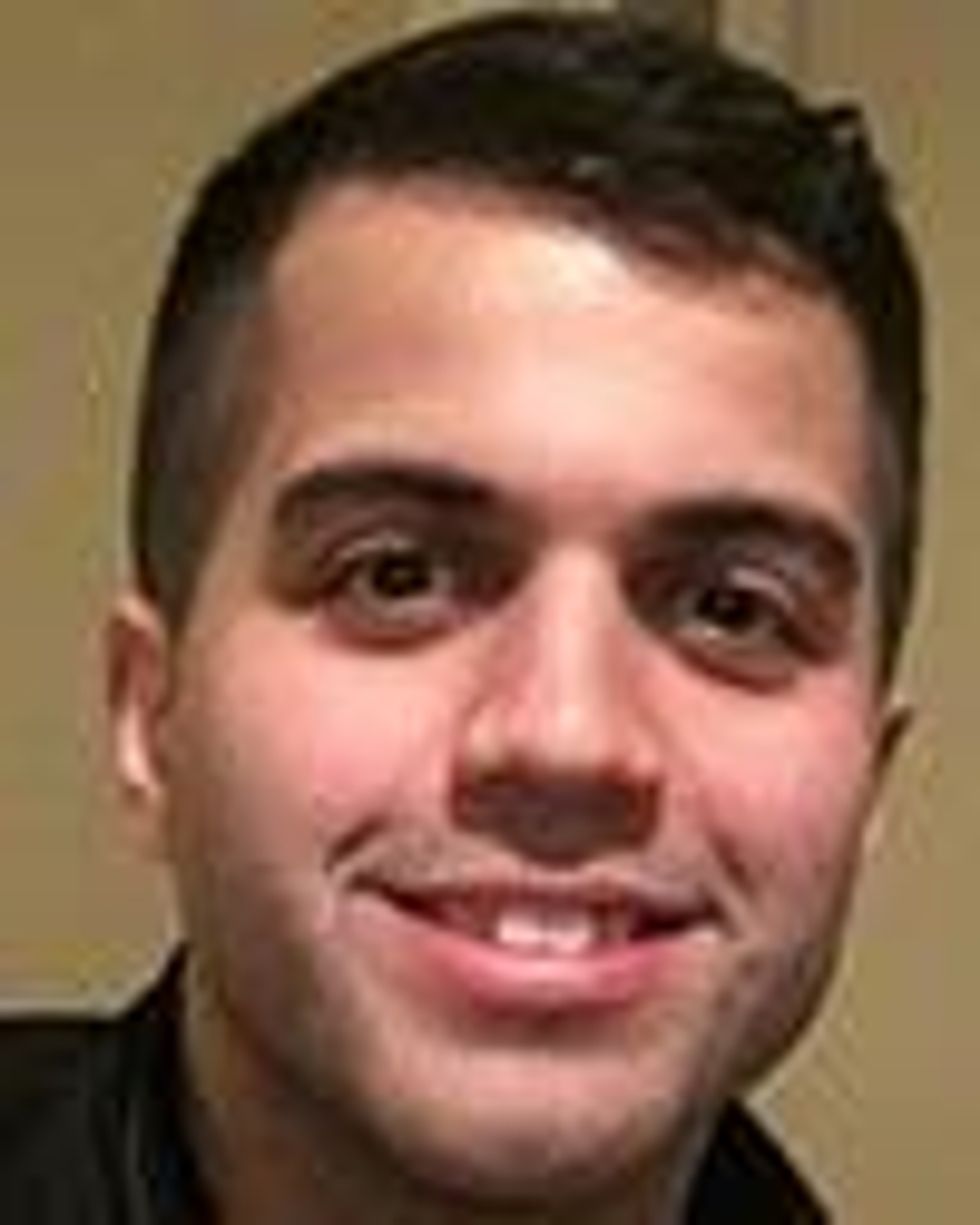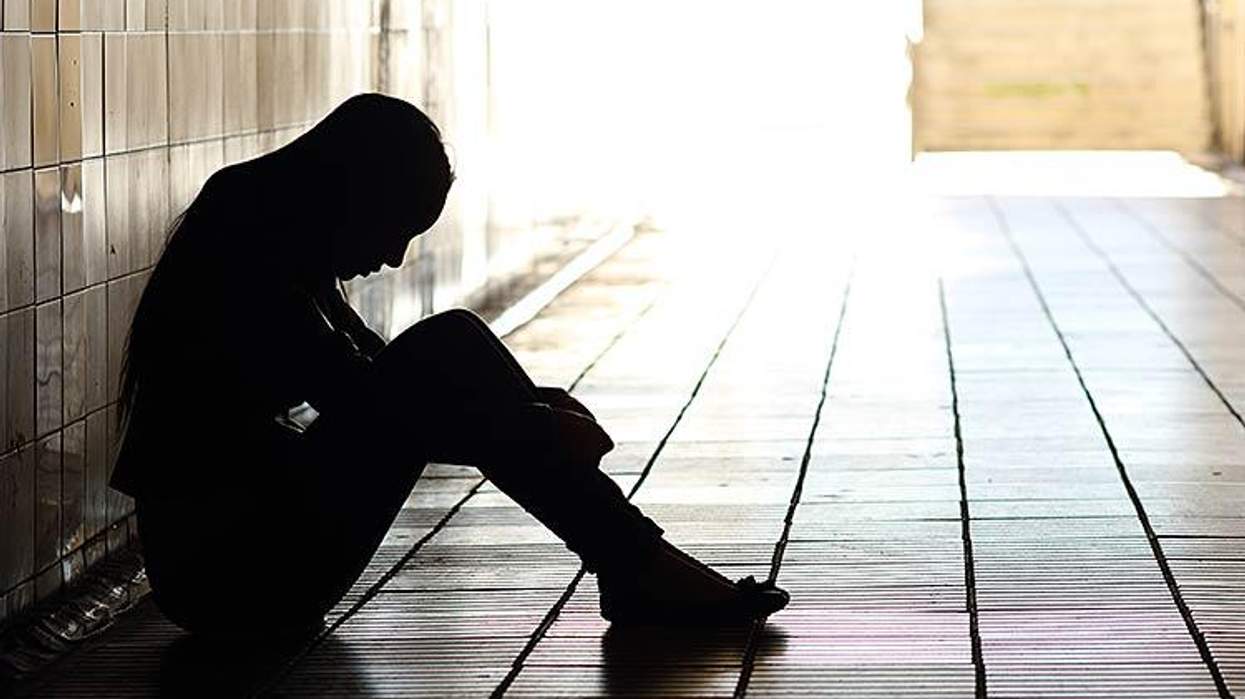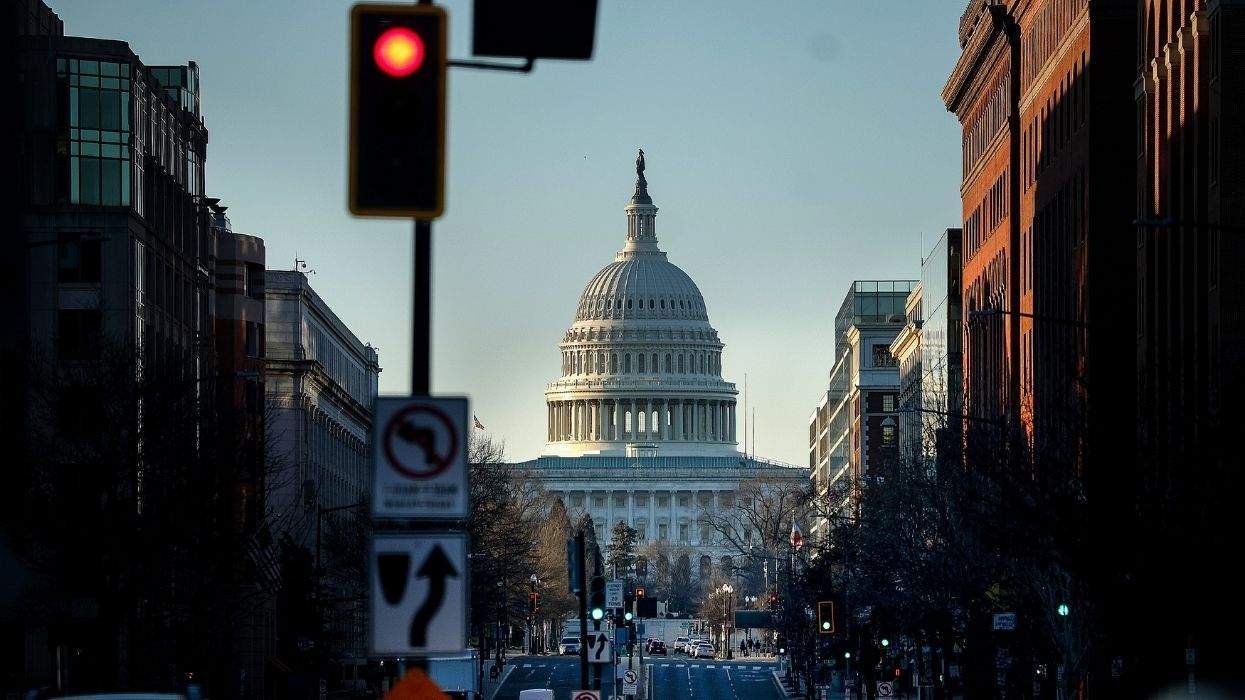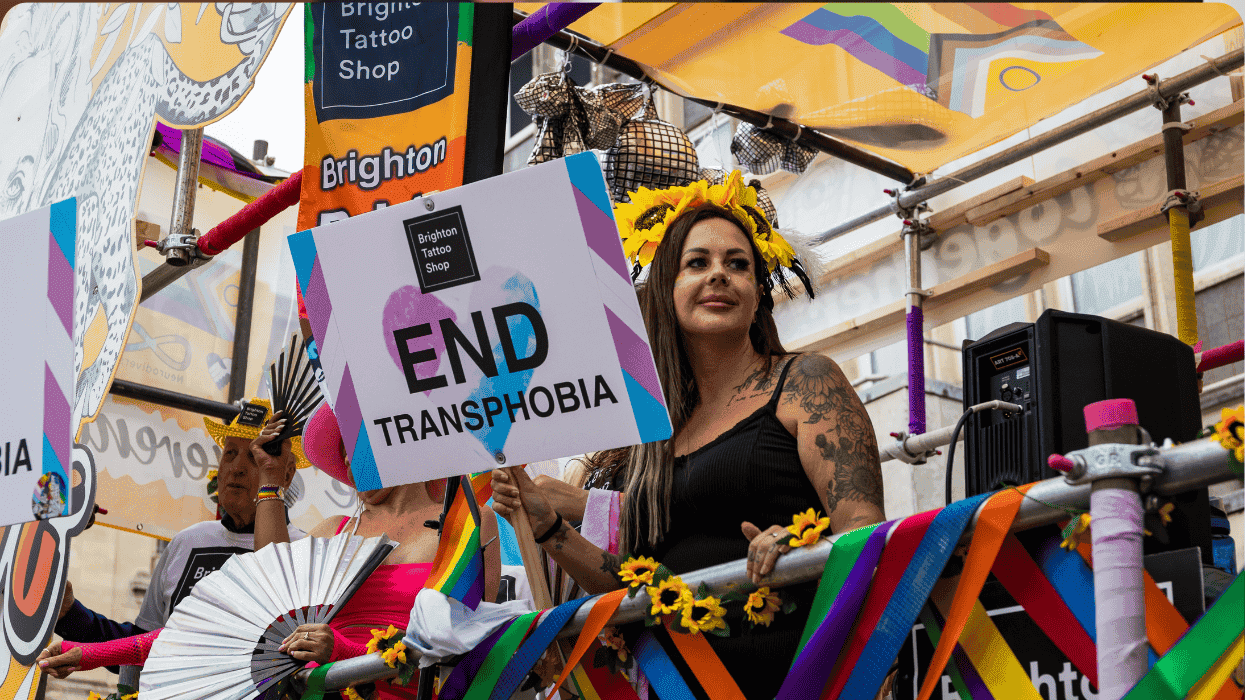When I came out to my mother, her heart was changed forever. And the world gained a fierce LGBTQ advocate in her.
So it's only natural that when a 13-year-old was sent to her office for fighting at her South Bronx school that my mother would change that student's life forever.
Let's call the student Luz. Luz is a survivor of child sexual abuse and is transgender.
Sadly, sexual abuse in the LGBTQ community is more common than one might think. Available research shows that LGBT youth are more likely to have experienced sexual abuse than heterosexual youth.
While some people are holding on to irrational fears about transgender people and supporting discriminatory bathroom laws in North Carolina as a result, Luz's story illustrates a harsh reality: transgender youth are high at-risk for sexual abuse and there is a severe lack of support to address this crisis.
It was in Peru where Luz, then just 11 years old, was approached by men offering money in return for sexual favors. My mother, a licensed master social worker, believes Luz was "preyed upon" because (1) she was intellectually disabled and a minor who couldn't make informed decision around sex (2) she was hypersexualized, wearing short skirts and shirts as her way to express her gender and (3) she was often left unsupervised because her mother was in New York trying to save money to bring Luz over. It was also for these reasons, my mother explained, that Luz's abusers knew they could "get away with it."
Once she was in New York, it became apparent that Luz was struggling. She was seen as a problem student. She reacted with hostility if anyone ever called her anti-LGBT epithets such as "f****t." Unfortunately, harassment of this nature is not uncommon. According to a national survey by the National Center for Transgender Equality, 78 percent of transgender K-12 students report being harassed.
Reactionary behavior like Luz's can be a warning sign, experts say. "We know when someone is acting out that there is more to the story," says Alahna Brown, case manager at Safe Horizon's Streetwork Project, a program for homeless youth that works with hundreds of transgender youth every year. Director Francis Aponte-Veras says she believes "the majority of the trans clients we've seen have been sexually abused."
Luz was in special education and so had mandated counseling sessions. My mother recalls that her original counselor was not very supportive of Luz's gender identity. "[The counselor] really did not give Luz the support she needed and would say things, while misgendering her, like, 'Oh well, he shouldn't act that way. He had that coming.' So, I let her know this is not something Luz brought upon herself and that's when I took over. I told her to give me the case."
I asked my mother why she felt so strongly about supporting Luz: "When she was sent to the E.R. for trying to commit suicide I knew I had to step in. I also looked at her as if she were you. I didn't want you to suffer in that way or anyone to treat you like that if you needed support."
Unfortunately, transgender youth are often blamed for their own victimization. "Abusers say things like 'No one is going to believe you. You're over here trying to trick people, so you got what you deserved,'" said Brown.
This hints at a dangerous misconception of transgender people that society needs to move past. They are not men pretending to be women or women pretending to be men. Transgender people simply identify with a gender different from the one assigned at birth.
The gender binary we accept as a society can be detrimental to transgender youth, especially those who are victims of sexual abuse. At Safe Horizon's Manhattan Child Advocacy Center, which investigates, responds to, and prosecutes all types of child abuse cases, Clinical forensic specialist Amanda Santamaria remembers one such case involving a 7-year-old transgender boy who alleged his father had sexually abused him. During the investigation, Santamaria found herself having to correct a partner from another organization who continued to misgender the young boy. Santamaria herself admitted to having some difficulties when referring to the boy's genitalia during the investigation. A real positive about this particular case was that Safe Horizon staff and the young boy's mother were affirming of his gender identity.
Sadly, this was not the case for Luz.
Luz's stepfather would call her a "f****t." Instead of stepping in, Luz's mother would get upset with Luz for acting "like that." In front of her mother, Luz had to dress in a masculine way and was forced to take part in Boy Scouts.
As a result, Luz was left to her own devices to affirm her gender identity. My mother suspected that Luz would trade sex to be able to buy herself "women's clothing," accessories, and makeup.
And this comes with risks. Safe Horizon's Aponte-Veras explains, "A lot of our young people describe being victimized while trading sex. For example, a person may bring out a weapon and force them to do whatever they want." Transgender advocate Janet Mock wrote in a powerful essay about her own engagement in survival sex, "Engaging in the sex trades increases a person's risk for criminalization, acquiring HIV or other STIs, sexual abuse, and violence."
Brown stated that many transgender youth feel violence is something they just have to deal with because of their identity. This shouldn't be the case. We have to do better to let transgender youth know that they do not deserve violence or abuse. They deserve to be loved, respected, and valued.
So, what happened with Luz?
Instead of fighting when she was called a "f****t," she would run into my mom's office to seek support. She started to talk about the sexual abuse she endured and my mother made the appropriate referrals for her to get a health screening and seek additional counseling.
Luz also graduated as my mother proudly looked on. Which was the last time she ever saw Luz.
Though they lost touch, we like to think that Luz found the stability and support that so many transgender youth, sadly, never find.
















